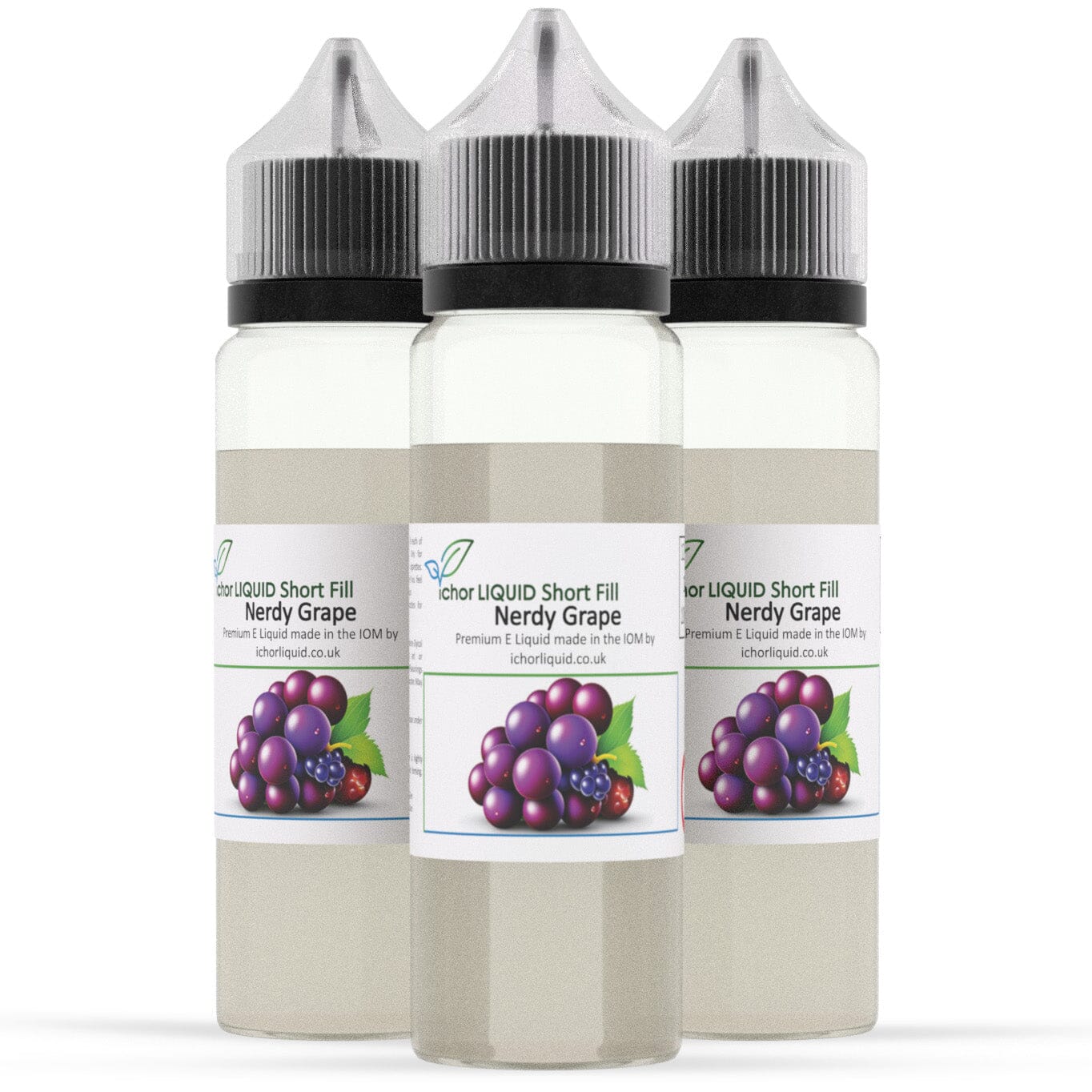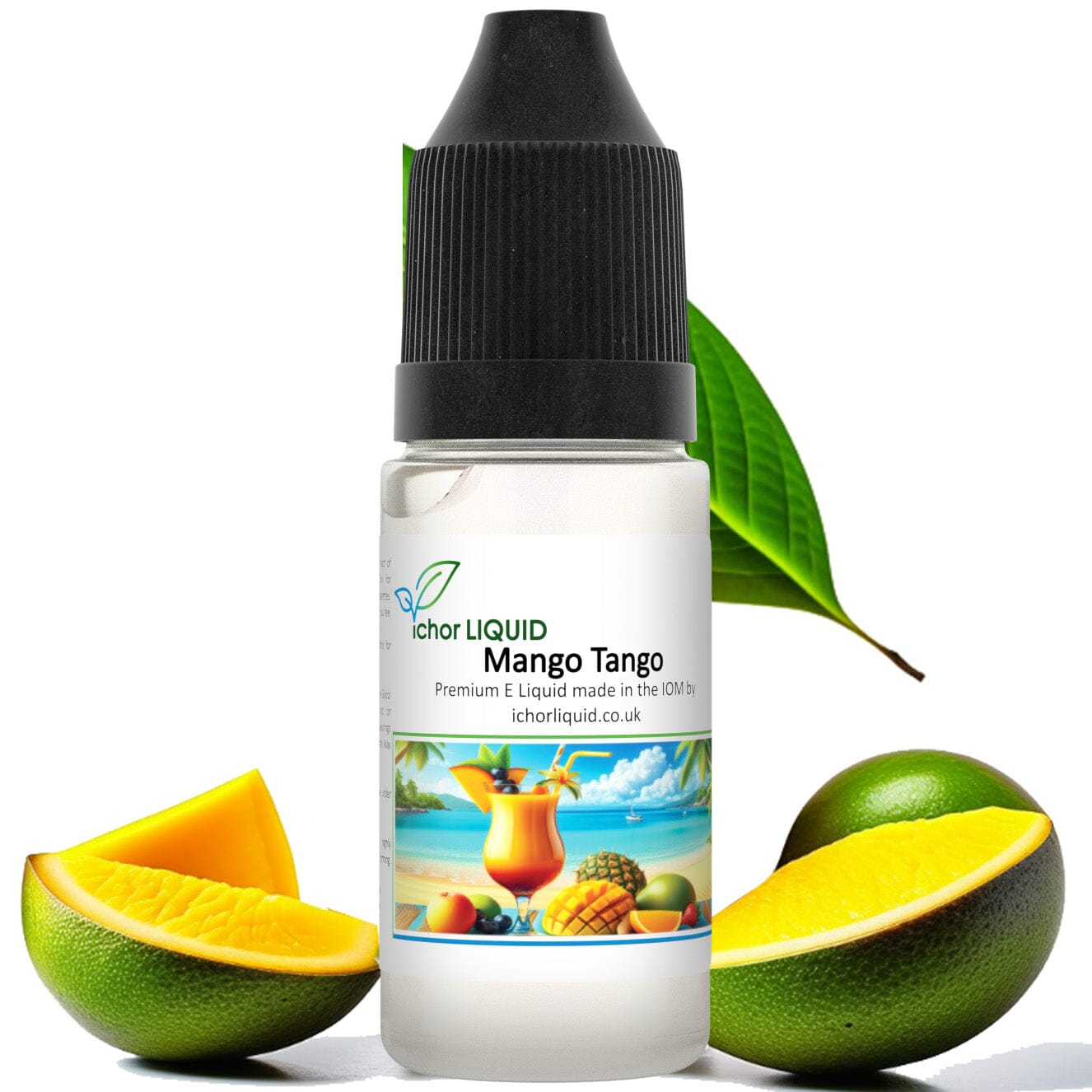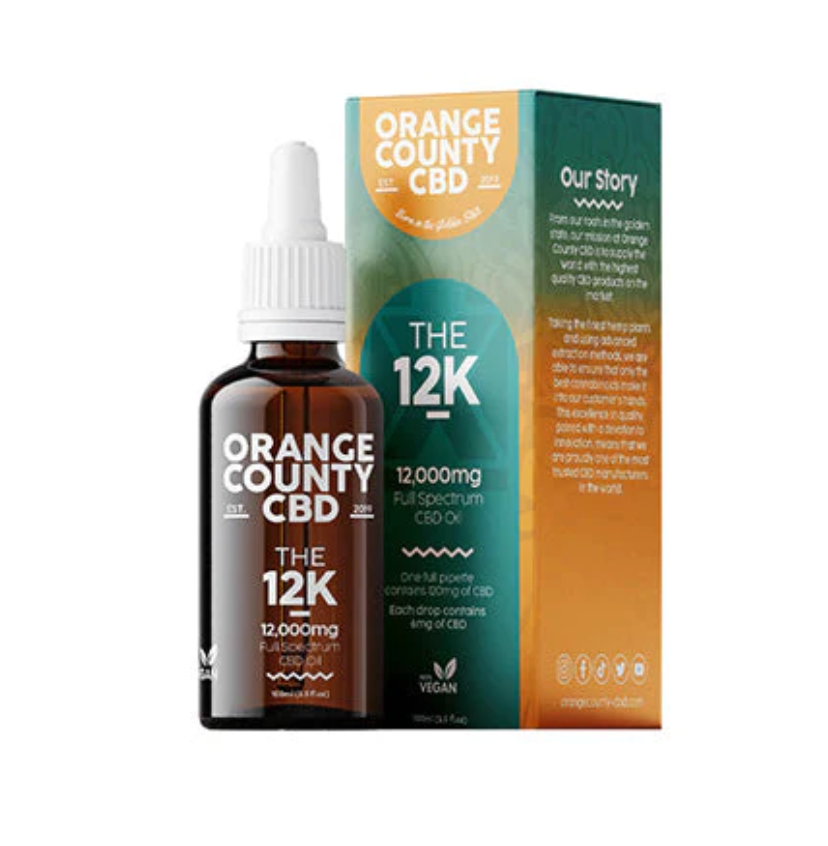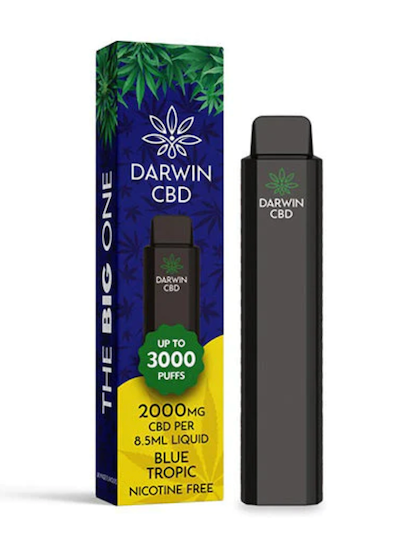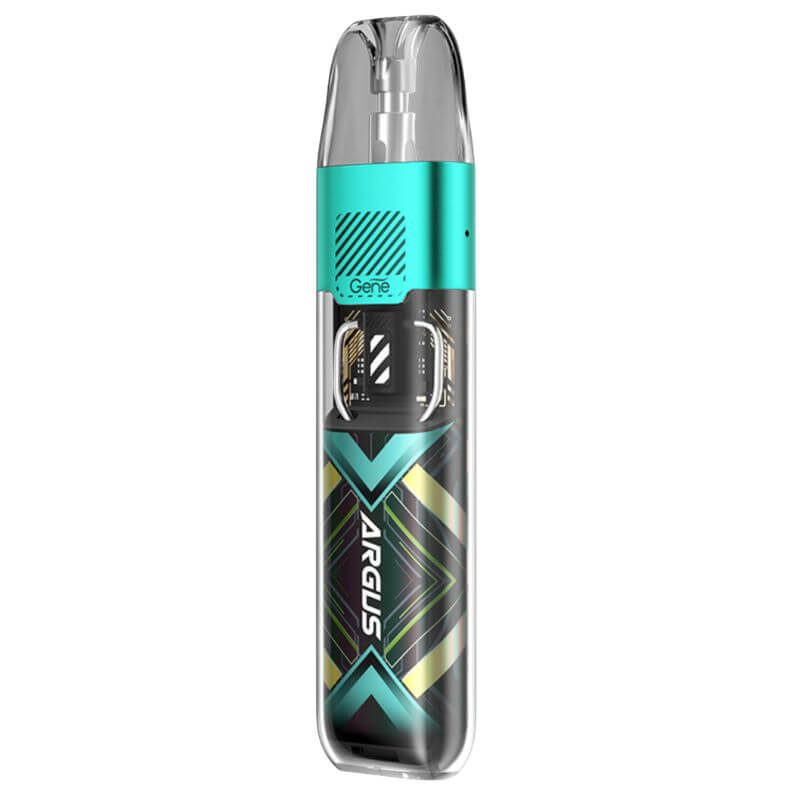Can you be allergic to certain vape flavours?

Can you be allergic to certain vape flavours?
Interestingly, it is possible for individuals to develop allergies to specific vape flavours. Although studies on this topic are limited, there have been reports of individuals experiencing allergic reactions after using certain e-liquid flavours. This can include symptoms such as itchy throat, hives, and difficulty breathing. It is essential for vapers to be aware of the potential for allergic reactions and to seek medical advice if they experience any concerning symptoms. Additionally, quitting vaping altogether may be necessary for those with severe allergies to certain flavours. Learn more about Allergies to E Liquid.
Key Takeaways:
- Chemicals in Vape Flavours: Certain chemicals used in vape flavours can trigger allergic reactions in individuals.
- Allergic Sensitivity: Some people may be more sensitive to specific vape flavours and experience allergic symptoms.
- Impact on Health: Allergic reactions to vape flavours can have negative effects on respiratory and overall health.
- Labeling and Regulation: There is a need for proper labeling of vape flavours and regulation to protect consumers from potential allergens.
- Consultation with a Physician: Individuals experiencing allergic symptoms from vape flavours should consult a physician for proper diagnosis and management.
The Chemistry of Vape Flavours
Clearly, understanding the chemistry of vape flavours is crucial in determining their potential effects on individuals, especially those with allergies. Vape flavours are composed of various chemicals and compounds that create the unique taste and aroma associated with each flavour.
Essential Components and Flavouring Agents
To understand the chemistry of vape flavours, we must first acknowledge the essential components and flavouring agents used in their production. VG E liquid and propylene glycol are the primary components of vape juice, providing the base for the flavouring agents. These flavouring agents are generally food-grade additives, such as fruit extracts, natural and artificial flavours, and aromatic compounds, which are carefully selected to create specific tastes.
The Role of Diacetyl and Other High-Risk Chemicals
Role Diacetyl is a chemical compound that has gained attention for its potential health risks when inhaled. Alongside diacetyl, other high-risk chemicals including acetyl propionyl and acetoin have raised concerns about their impact on respiratory health. These chemicals, when heated and inhaled, can cause irritation to the respiratory system and have been associated with severe respiratory illnesses such as popcorn lung.
Plus, the presence of diacetyl and other high-risk chemicals in vape flavours has led to increased scrutiny and regulation within the vaping industry. The identification and elimination of these harmful compounds are essential in ensuring the safety of vape users, especially those with allergies or respiratory sensitivities.
Immunological Insights: How Vape Flavours Can Provoke Allergies
Obviously, when it comes to understanding how vape flavours can provoke allergies, it's important to look at the immunological mechanisms at play. Vaping involves inhaling aerosolized flavour compounds, which can stimulate the immune system in various ways. These compounds interact with cells in the respiratory tract and can trigger allergic reactions in susceptible individuals.
Similarities to Food and Inhalant Allergies
To gain insight into the potential for vape flavours to cause allergies, it's helpful to consider the similarities to food and inhalant allergies. Like food allergens and airborne particles, vape flavour compounds can act as allergens, eliciting immune responses in sensitive individuals. The body's immune system may recognize these compounds as foreign and launch an allergic response, leading to symptoms such as respiratory issues, skin reactions, and more.
Case Studies and Research Evidence
Case studies and research provide valuable evidence of the impact of vape flavours on allergies. Here are some examples:
- Case 1: A 32-year-old male developed wheezing and shortness of breath after vaping a specific flavour for several weeks.
- Case 2: In a study of 100 vape users, 23% reported experiencing allergy-like symptoms related to certain flavours.
- Case 3: Research in animal models has demonstrated that exposure to certain vape flavour compounds can induce allergic airway inflammation.
The evidence from these case studies and research highlights the potential for vape flavours to provoke allergic reactions in users. It underscores the need for further investigation into the immunological effects of different flavour compounds and their potential to trigger allergies.
Anecdotes and Analysis: Personal Experiences with Vape Allergies
Not all vape users have experienced allergic reactions to vape flavours, but for those who have, the experience can be quite alarming. Some individuals have reported symptoms such as itching, swelling, and difficulty breathing after using certain vape flavours. These personal anecdotes shed light on the potential risks associated with vaping and the need for further research into the safety of vape flavourings.
Surveying the Vaping Community
With the rise in popularity of vaping, there has been an increase in reports of allergic reactions to vape flavours. Many individuals within the vaping community have shared their experiences with allergic symptoms, sparking conversations about the potential dangers of certain vape flavourings. This has prompted further investigation into the ingredients used in vape juices and their potential impact on human health. For more information on this subject, see Vape Juice Without PG.
Interpreting Data with Caution and Rigor
An analysis of the data surrounding vape allergies must be approached with caution and rigor. While personal anecdotes can provide valuable insights, it is important to conduct thorough scientific research to determine the true extent of the issue. The potential for allergic reactions to vape flavours raises concerns about the safety of these products and calls for more comprehensive studies to be carried out.
The need for further research into vape allergies is evident, as the potential dangers associated with certain vape flavours cannot be overlooked. While personal experiences can shed light on the issue, it is essential to interpret the data with caution and rigor in order to make informed decisions about the safety of vaping products.
Mitigation and Management
Now that we have discussed the potential allergic reactions to certain vape flavours, it’s important to understand how to mitigate and manage these risks.
How to Identify and Avoid Potential Allergens
With the wide variety of vape flavours available on the market, it can be challenging to identify and avoid potential allergens. However, it is crucial for individuals with known allergies to specific ingredients to carefully read the labels and ingredients list of vape products. Some of the common allergens in vape flavours include propylene glycol, vegetable glycerin, and certain flavouring agents. By educating themselves about potential allergens, individuals can make informed choices about the vape flavours they use and minimize their risk of an allergic reaction.
Legal Regulations and Industry Standards
Legal regulations and industry standards play a crucial role in mitigating the risks of allergic reactions to vape flavours. There are a variety of laws and regulations in place to ensure that vape products are manufactured and labeled in a way that protects the consumer. Additionally, industry standards help to establish guidelines for the production and sale of vape flavours, which can help to minimize the presence of potential allergens in these products. The American Lung Association provides an informative article detailing what's in an e-cigarette.
Identify and industry standards, laws, regulations, allergens, vape flavours
Can you be allergic to certain vape flavours?
Taking this into account, it is clear that individuals can experience allergic reactions to certain vape flavours. Just as with food allergies, some people may have sensitivities to specific ingredients or additives commonly found in e-liquids. This highlights the importance of being mindful of the potential health risks associated with vaping, and the need for further research into the safety of vape flavours. While vaping may be perceived as a safer alternative to smoking traditional cigarettes, it is essential to consider the potential risks and implications for individuals with allergies.
FAQ
Q: Can you be allergic to certain vape flavours?
A: Yes, it is possible to be allergic to certain vape flavours. Just as with any other substance, individuals can have allergic reactions to specific ingredients in vape flavours.
Q: What are the most common allergens in vape flavours?
A: The most common allergens in vape flavours are propylene glycol and vegetable glycerin. Some individuals may also have allergic reactions to specific flavourings such as nuts, dairy, or fruits.
Q: How can I tell if I am allergic to a vape flavour?
A: Symptoms of an allergic reaction to a vape flavour can include hives, itching, swelling, difficulty breathing, or nausea. If you experience any of these symptoms after vaping a specific flavour, it is important to seek medical attention.
Q: Can allergies to vape flavours be treated?
A: Allergies to vape flavours can be managed by avoiding the specific flavours that trigger an allergic reaction. It is important to read the ingredients list on vape flavour labels and to choose flavours that do not contain known allergens.
Q: Are there alternative vape flavours for individuals with allergies?
A: Yes, there are alternative vape flavours available for individuals with allergies. Some companies offer allergen-free vape flavours that are made without common allergens such as nuts, dairy, or gluten. It is important to research and choose vape flavours that are safe for individuals with specific allergies.

